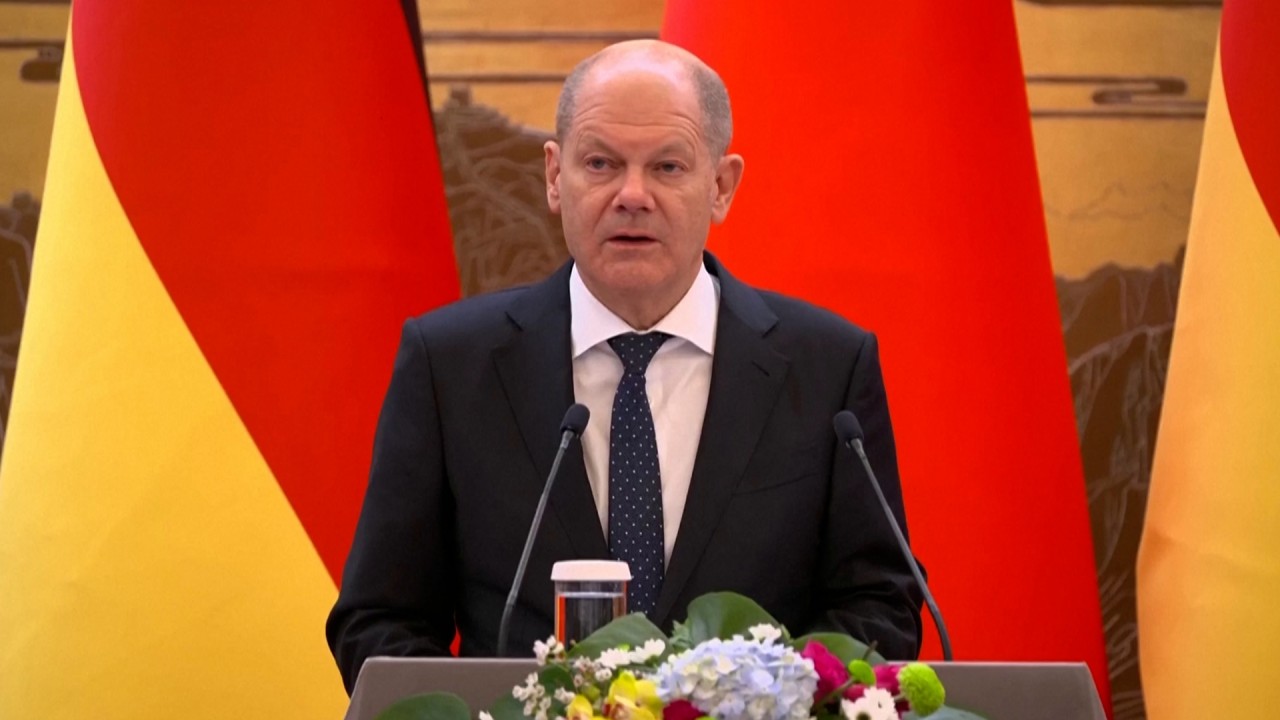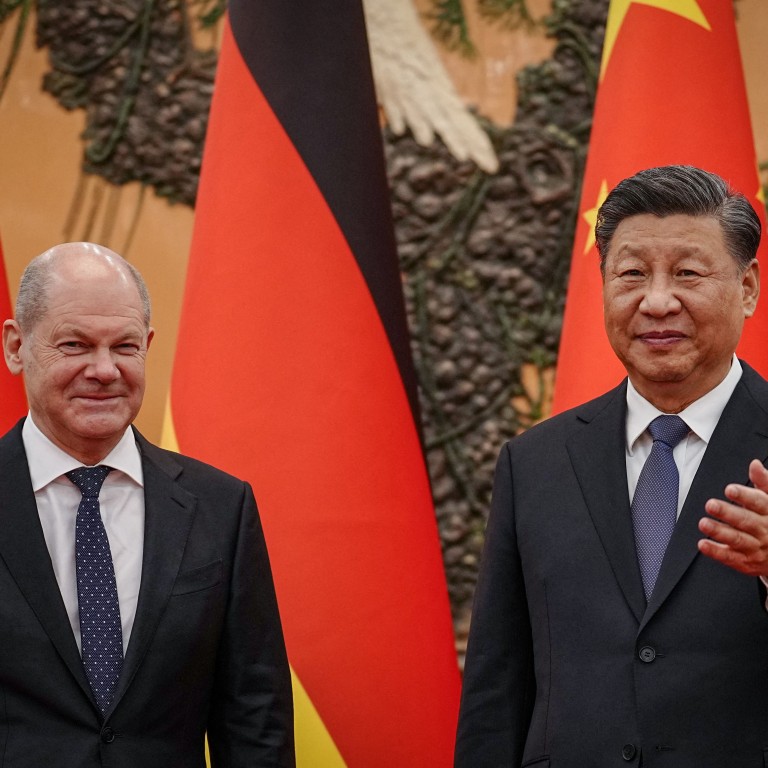
Don’t isolate China, German chancellor Olaf Scholz warns West
- Olaf Scholz, in an essay in Foreign Affairs magazine, cautions that ‘China’s rise does not warrant isolating Beijing or curbing cooperation’
- Scholz bolsters support for democracies around the world but says ‘dialogue and cooperation must extend beyond the democratic comfort zone’
German Chancellor Olaf Scholz has warned against isolating China, saying Western democracies must “avoid the temptation to once again divide the world into blocs”.
Writing in the policy magazine Foreign Affairs, Scholz said that the West must find a way to accommodate China and other autocratic states, while also bolstering support for democracies around the world.
“China’s rise does not warrant isolating Beijing or curbing cooperation. But neither does China’s growing power justify claims for hegemony in Asia and beyond,” Scholz wrote in a lengthy piece titled “The Global Zeitenwende: How to Avoid a New Cold War in a Multipolar Era”.
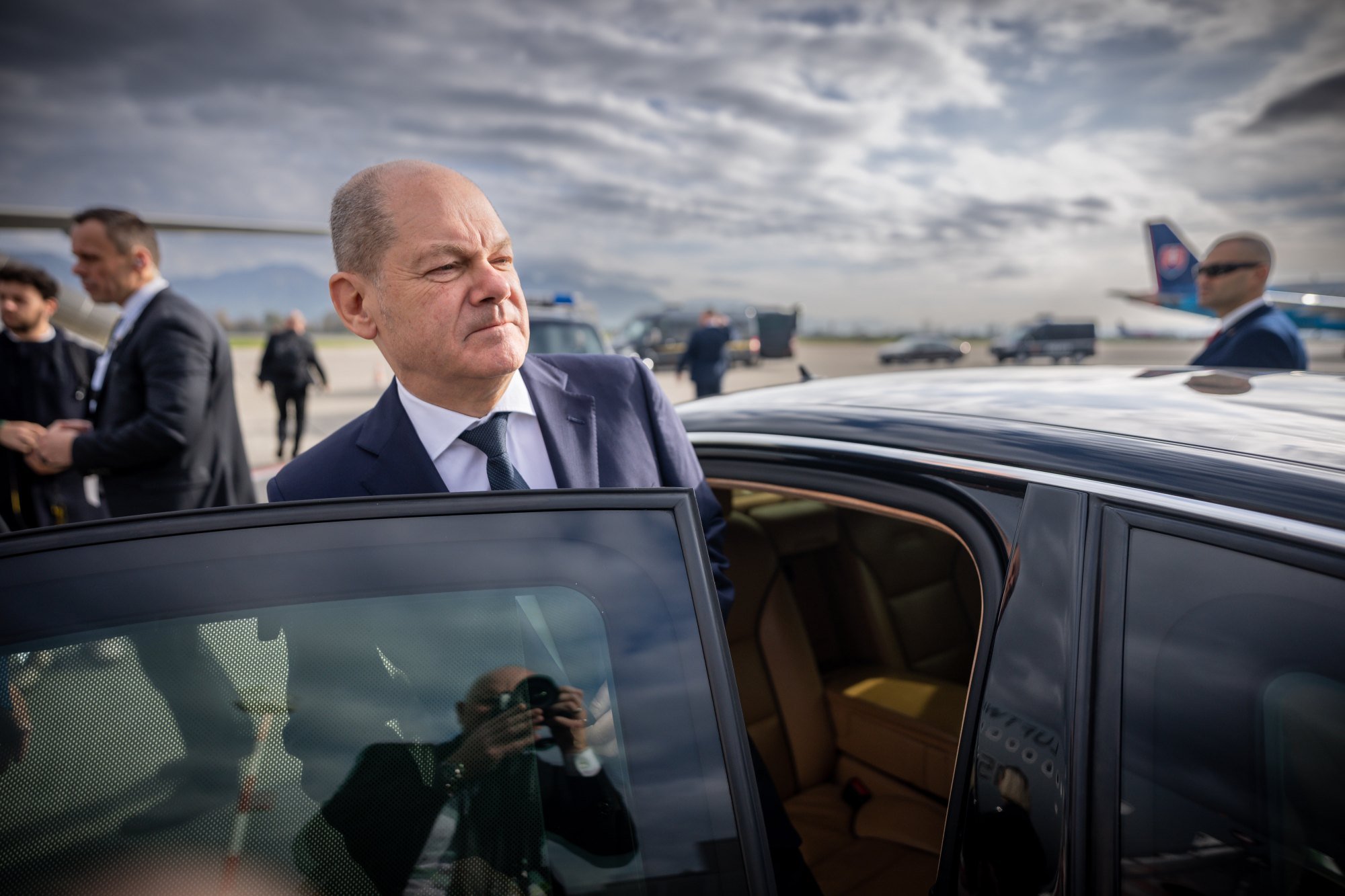
“No country is the backyard of any other – and that applies to Europe as much as it does to Asia and every other region,” he added.
Zeitenwende is the German word for “turning point”, and was used to describe Germany’s shift to a more expansive security, defence and foreign policy in the aftermath of Russia’s invasion of Ukraine.
Scholz warned against creating a new Cold War, and said that reports of the death of globalisation were wide of the mark.
“Many assume we are on the brink of an era of bipolarity in the international order. They see the dawn of a new cold war approaching, one that will pit the United States against China. I do not subscribe to this view,” he said.
How German leader Olaf Scholz walked a fine line in China
Instead, the chancellor wrote, “what we are witnessing is the end of an exceptional phase of globalisation”.
He called time on the 30-year era of “stable growth, high employment rates, and low inflation” during which “the United States became the world’s decisive power – a role it will retain in the twenty-first century”.
Respecting basic rights and freedoms can never be an ‘internal matter’ for individual states because every UN member state vows to uphold them
“Eventually, in a multipolar world, dialogue and cooperation must extend beyond the democratic comfort zone,” he wrote.
“The United States’ new National Security Strategy rightly acknowledges the need to engage with ‘countries that do not embrace democratic institutions but nevertheless depend upon and support a rules-based international system’.”
Adopting such an approach “will take pragmatism and a degree of humility”, Scholz added in the article, which pitches the chancellor as a dovish counterweight to his more hawkish foreign ministry regarding China.
Scholz has frequently called for a more balanced approach to China policy than that of the US.
He has also butted heads with German Foreign Minister Annalena Baerbock, whose leaked China strategy recommends excluding the use of components in critical infrastructure from providers from authoritarian states and imposing stricter requirements for firms dealing with China.
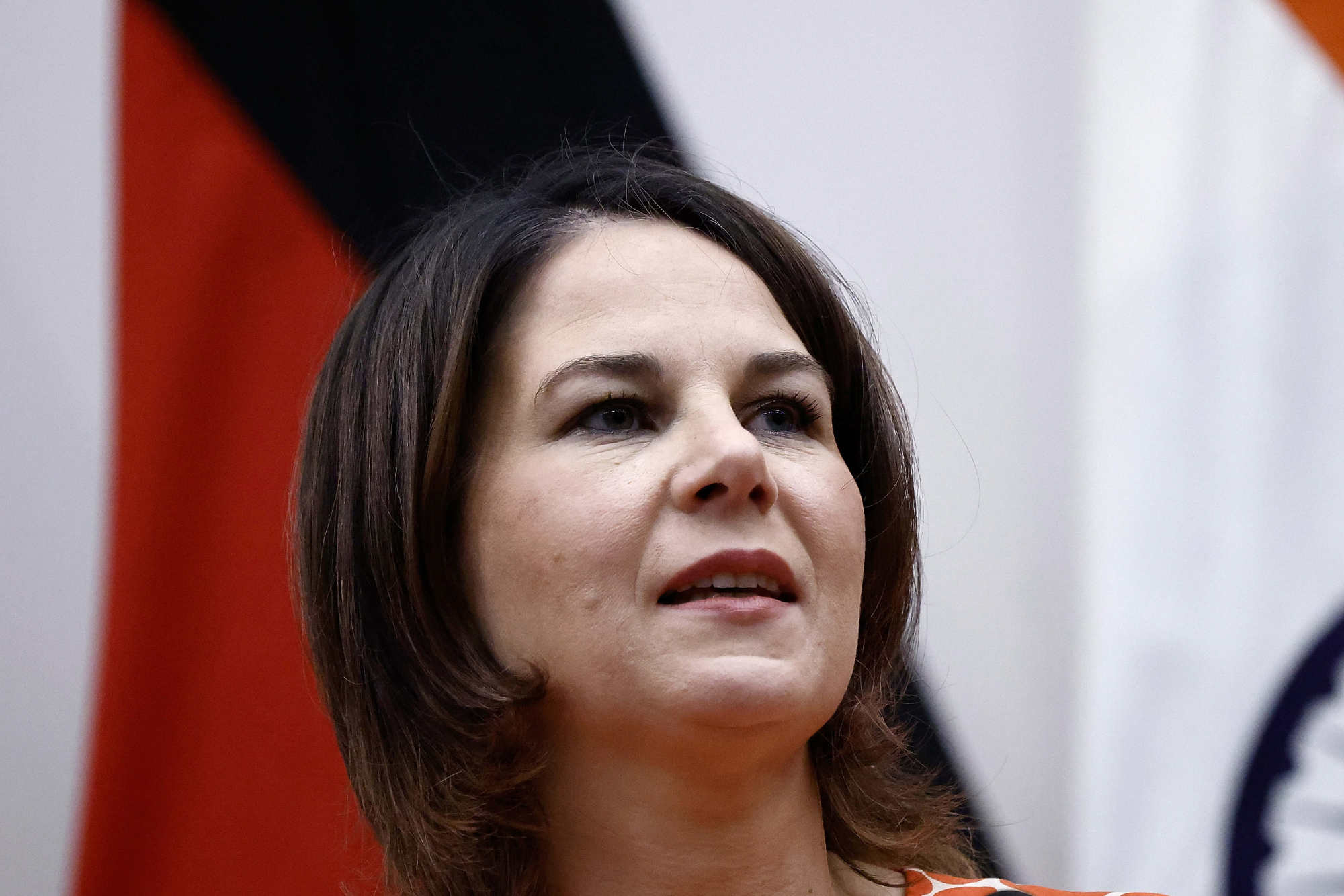
In November, Scholz was criticised in Brussels and Washington for travelling to Beijing, accompanied by business executives, to meet Chinese President Xi Jinping.
However, he used the trip to call out China’s human rights record and assert that issues such as abuses in Xinjiang and Taiwan tensions are not domestic matters, a point he repeated in Foreign Affairs.
“Respecting basic rights and freedoms can never be an ‘internal matter’ for individual states because every UN member state vows to uphold them,” Scholz wrote.
He defended Western liberalism, and made veiled criticism of China’s struggles to escape its cycle of lockdowns during its zero-Covid strategy.
“Early in the pandemic, some argued that authoritarian states would prove more adept at crisis management, since they can plan better for the long term and can make tough decisions more quickly. But the pandemic track records of authoritarian countries hardly support that view,” Scholz wrote.
“Unlike authoritarian states, democracies have the ability to self-correct as citizens express their views freely and choose their political leaders.
“The constant debating and questioning in our societies, parliaments, and free media may sometimes feel exhausting. But it is what makes our systems more resilient in the long run.”
Speaking to an event hosted by the Brussels think tank Friends of Europe last week, Patricia Flor, the German ambassador to China, doubled down on Scholz’s remarks.
“Europe, Germany, China: everyone benefited from globalisation, from free trade and from mutual exchange,” she said.
“But at the same time, we have to acknowledge that today’s world is not the same as five or 10 years ago, nor is China.
“As the 20th party congress confirmed once again, the Communist Party exercises control of all areas, including the economy,” she said, adding that the trend in China towards “fostering self reliance” might “also limit our space for cooperation”.
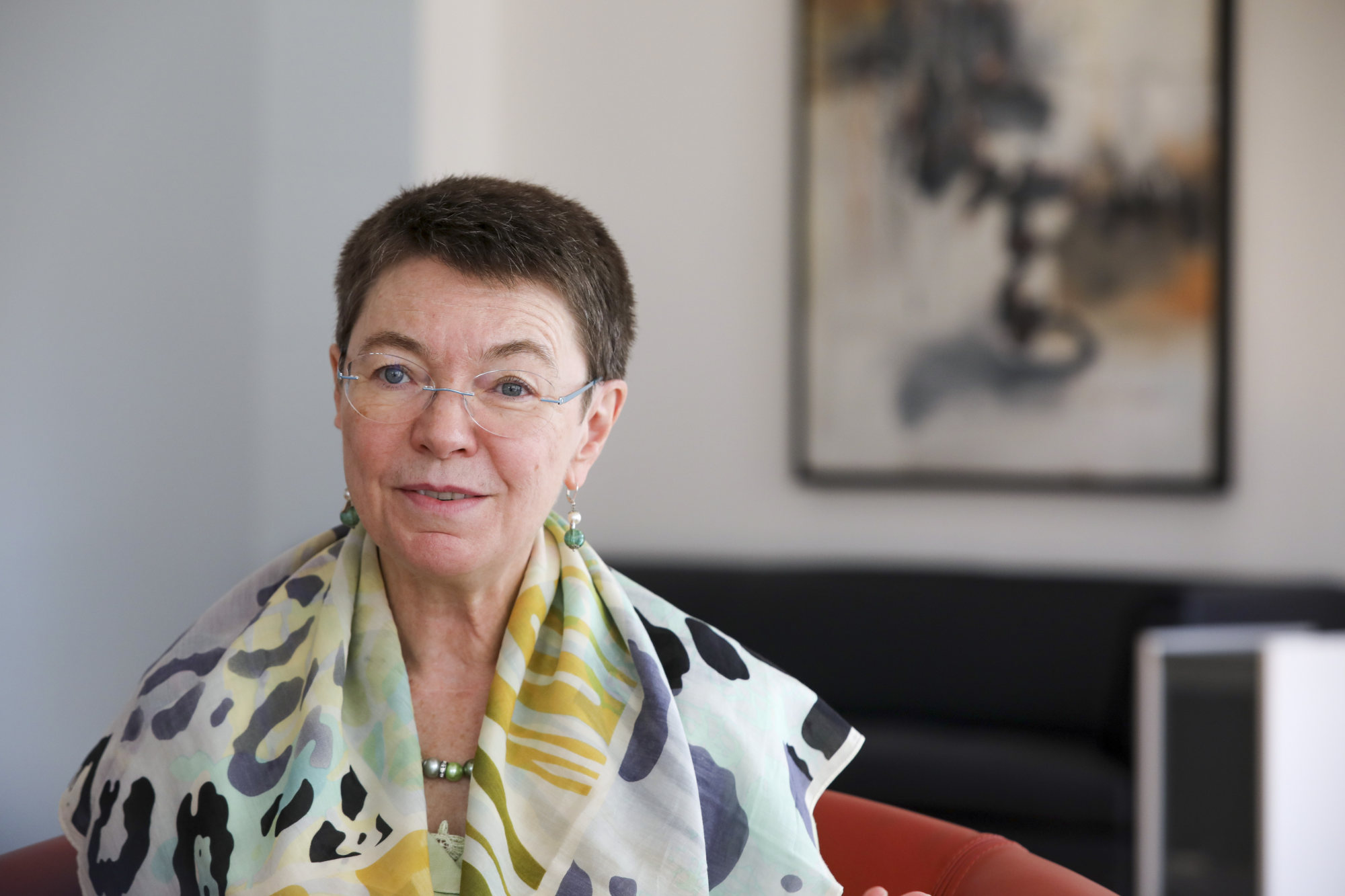
Scholz’s piece has already generated debate among analysts on social media.
“It is a thoughtful read. What I would have liked to see is Scholz addressing criticism of Germany’s Zeitenwende, and how Germany plans to avoid the mistakes of Russia policy in future China policy,” said Liana Fix, a fellow for Europe at the Council on Foreign Relations.
“There was surprisingly little about lessons learned, instead many ambitions.”
Ulrich Speck, editor of Morgenlage Außenpolitik, a daily briefing on German foreign policy, said that while “Scholz sounds determined on Russia … on China he merely refers to what he said at his recent visit to Beijing; besides refusing a ‘new Cold War’ there is nothing tangible”.
“Nothing on the tensions between ‘partnership’ and ‘rivalry’ / ‘competition’ with China; instead full continuity with the Merkel approach of unlimited engagement. Russia is a troublemaker, China remains a partner, globalisation can continue,” Speck wrote on Twitter.
“There is a considerable risk that the next German government will deplore the failure of Germany’s China policy the way the current German government is deploring the failure of Germany’s past Russia policy,” he added.


